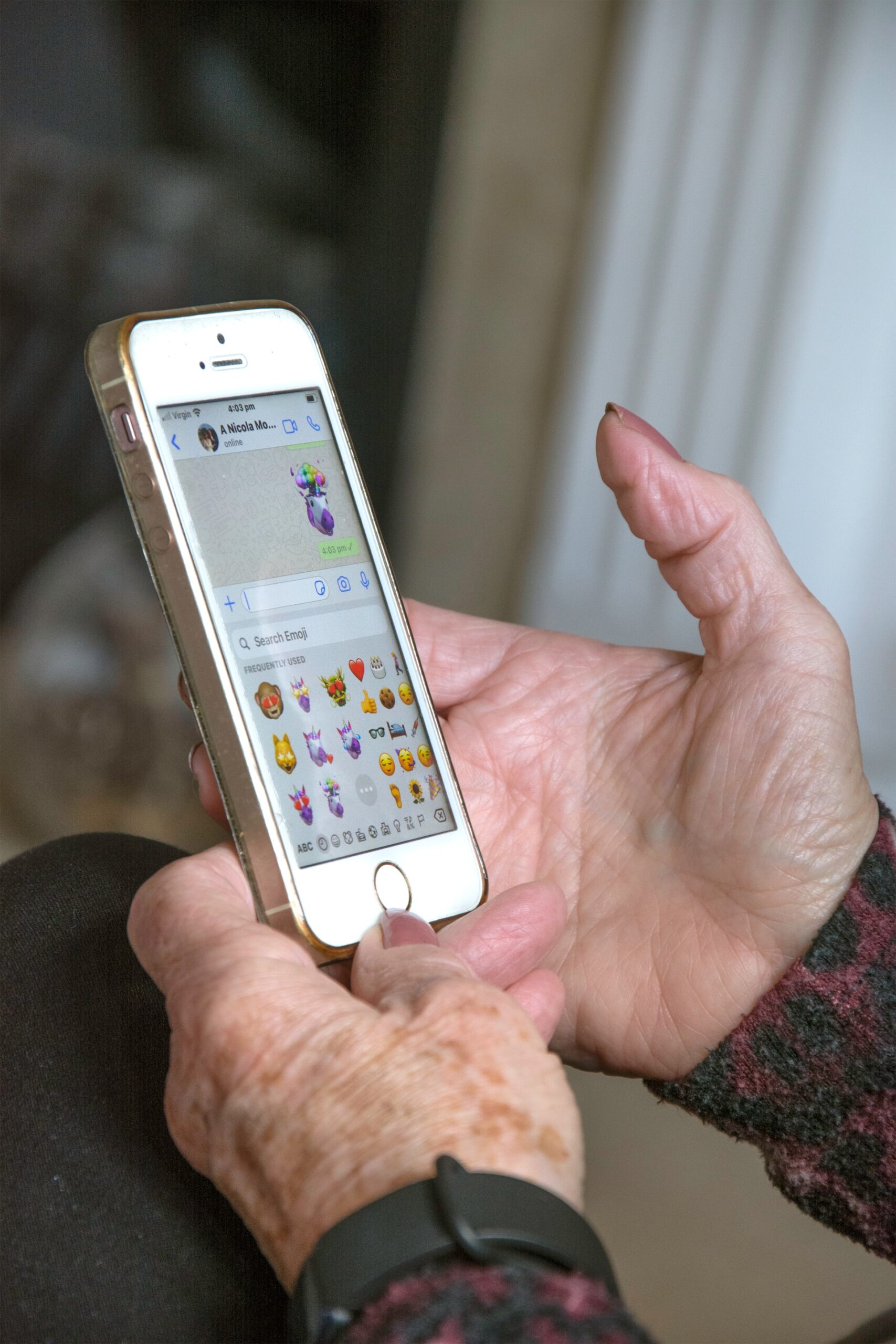Homeopathic Pulse Diagnosis in Alzheimer’s Care
Homeopathic Pulse Diagnosis in Alzheimer’s Care
Homeopathy offers a unique approach to caring for people with Alzheimer’s disease. One interesting tool that homeopaths use is called pulse diagnosis. This technique involves carefully feeling a person’s pulse to gather information about their health.
In homeopathic pulse diagnosis, the practitioner doesn’t just count how fast the pulse is beating. They pay attention to subtle qualities like the rhythm, strength, and texture of the pulse. Homeopaths believe these pulse characteristics can reveal important clues about a person’s overall state of health and any imbalances in their body.
For Alzheimer’s patients, pulse diagnosis may help homeopaths identify issues that aren’t obvious from outward symptoms alone. The pulse could potentially indicate things like circulation problems, stress levels, or energetic imbalances that may be contributing to cognitive decline.
Homeopaths might use pulse diagnosis alongside other assessment methods to create a complete picture of the patient’s condition. This holistic view then guides the selection of homeopathic remedies tailored to that individual.
It’s important to note that pulse diagnosis in homeopathy is quite different from how a regular doctor checks your pulse. Homeopathic practitioners undergo special training to develop sensitivity in feeling these subtle pulse qualities. They often describe the pulse using terms like “wiry,” “bounding,” or “thready.”
For Alzheimer’s care, a homeopath might look for specific pulse patterns thought to relate to brain health or cognitive function. They may also track how the pulse changes over time or in response to treatments.
While many people find homeopathy helpful, it’s worth mentioning that the effectiveness of homeopathic pulse diagnosis for Alzheimer’s isn’t proven by mainstream medical research. Most doctors would recommend conventional treatments and assessments as the primary approach for Alzheimer’s care.
However, some families choose to use homeopathy, including pulse diagnosis, as a complementary therapy alongside standard medical care. They may feel it offers a gentler, more personalized approach to supporting their loved one’s overall well-being.
If you’re caring for someone with Alzheimer’s and are curious about homeopathic pulse diagnosis, it’s a good idea to talk with both their regular doctor and a qualified homeopath. This way, you can make an informed decision about whether to incorporate this technique into your care plan.
Remember, Alzheimer’s is a complex condition, and what works best can vary from person to person. Pulse diagnosis is just one small part of the bigger picture when it comes to caring for someone with this challenging disease.





